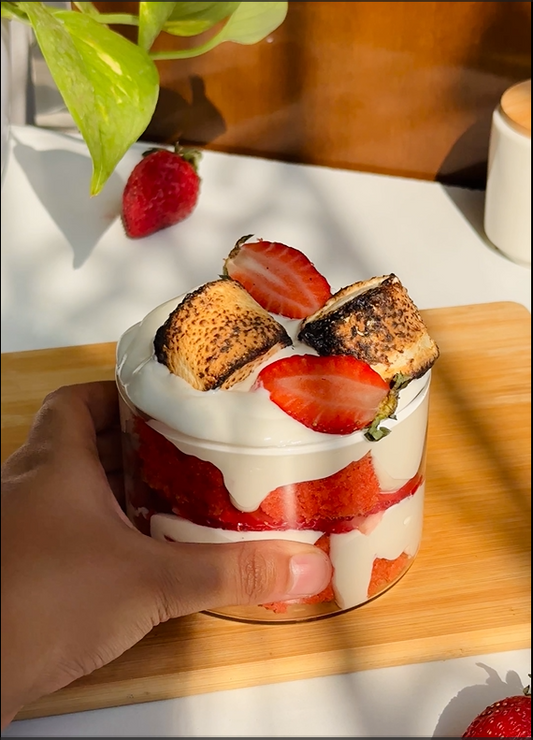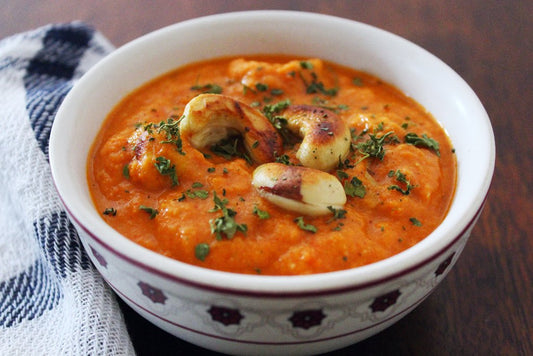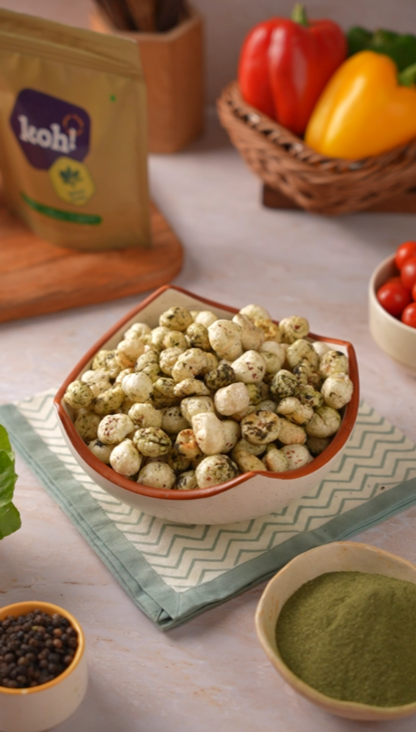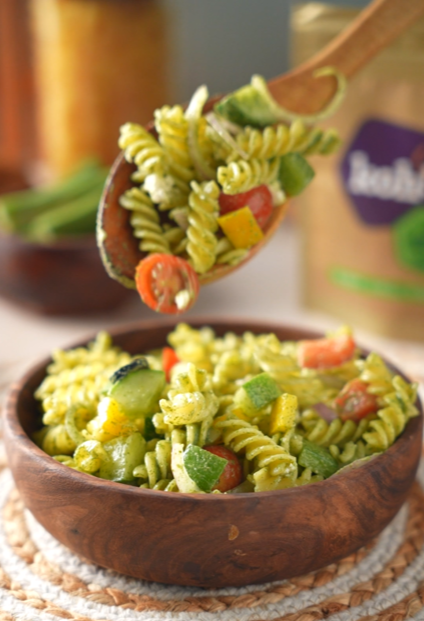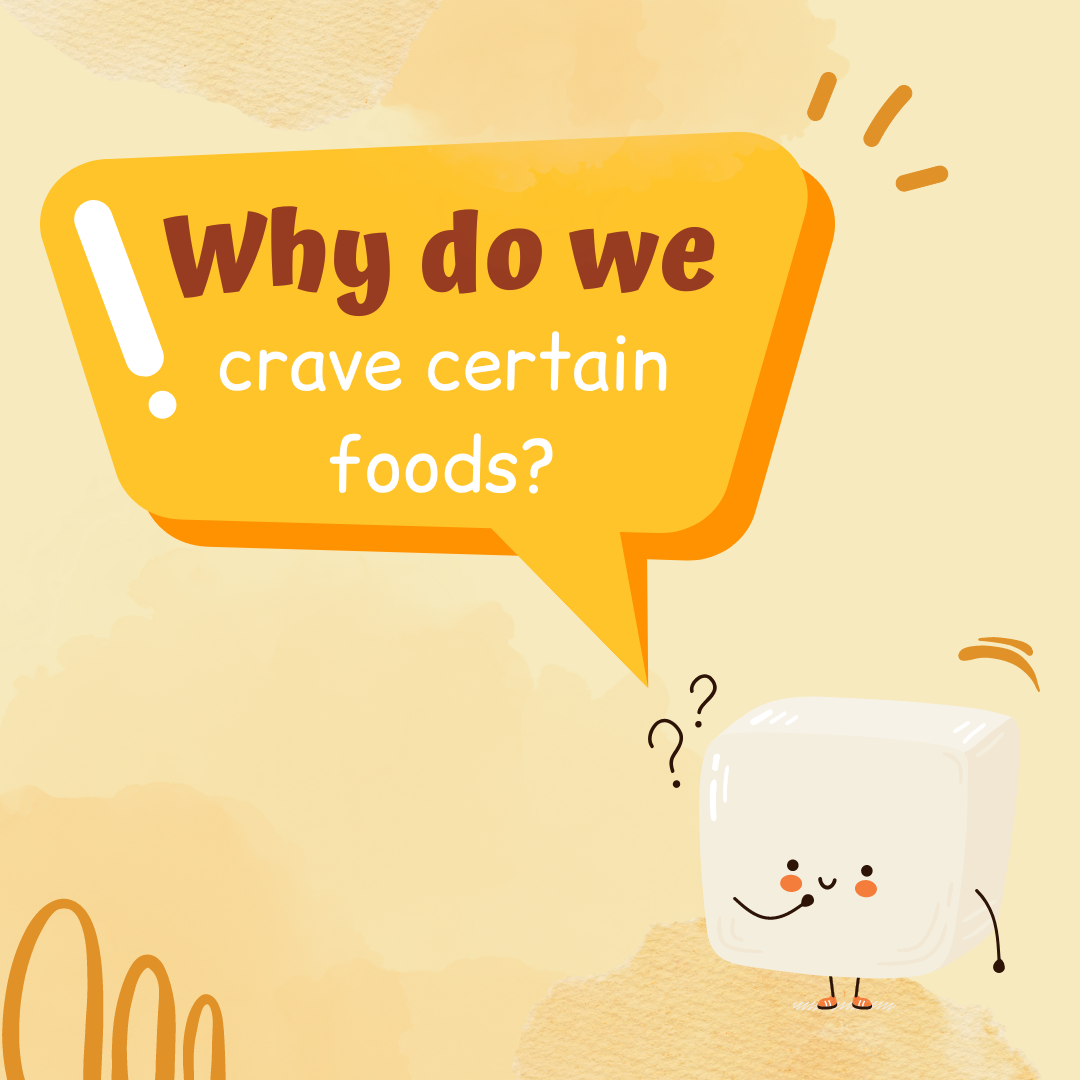
Breaking Free from the Food Control Cycle: Understanding and Managing Your Cravings
 Share
Share
Have you ever felt an intense urge to indulge in a specific food category, be it sweets, pasta, or any other delicacy? Do you sometimes feel overwhelmed and out of control around certain foods? If yes, read on to understand why this happens and how you can regain control.
The Interplay Between Control and Food:
The concept of control often intertwines with our dietary habits in surprising ways. Many people embark on dieting or detoxing journeys to achieve specific health or wellness goals. However, the stringent rules of these diets can become overwhelming, leading to periods of binge eating, followed by feelings of guilt and a renewed determination to adhere to the diet. This cycle can make you feel like you're losing control over food, leading to cravings and overeating.
Understanding Food Cravings:
Certain habits and tendencies can make us lose control over food. Here are some of the most common ones:
- Food Restriction:
The most common tendency is to restrict certain foods to make healthier choices. However, this can set us up for failure. For instance, imagine setting a rule like "no carbs at dinner." Since carbohydrates are our body's primary energy source, it's unlikely we can stick to this rule forever. When we finally do consume carbs, we're likely to overeat, leading to feelings of losing control.
- Inadequate Nutrition:
When we suppress our hunger cues to lose weight or eat less, we deprive our bodies of essential nutrition. Ignoring these cues can lead to overeating when we finally do eat, again making us feel out of control.
- Assigning Morality to Food:
When we label some foods as "good" and others as "bad", we inadvertently elevate the "bad" foods on a pedestal, making them more tempting. When we finally do consume these "bad" foods, we're likely to overeat.
- Lack of Protein or Fat:
Protein and fat are essential for satiety. Without them, we're likely to feel hungry soon after eating and crave more food.
Managing Food Cravings:
Understanding the interplay between control and food and recognizing the diet cycle is the first step towards managing food cravings. The key to breaking this cycle is establishing a balanced relationship with food—one that's mindful, scientific, and allows for both nutritious and enjoyable meals.


